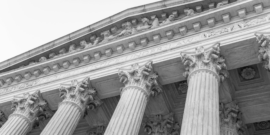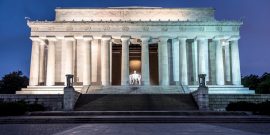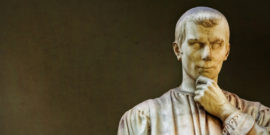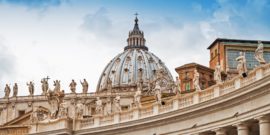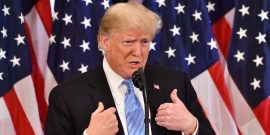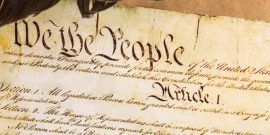While purporting to expand one set of individual rights, Sullivan did immense harm to another.
Carson Holloway
New York Times v. Sullivan has not been the pure boon to democracy and the Constitution that its defenders claim.
Whether we study our own times or the human condition more broadly, we quickly discover the need for serious philosophic reflection on human limits.
Daniel Mahoney's new book shows how a true statesman shepherds his people through the maelstrom of political passion.
In an age of revisionist history, Americans still admire Lincoln. Are we learning the right lessons from his words?
There is nothing the Court can do that will have democratic legitimacy. It ought therefore to be content with constitutional legitimacy.
Judge Kurt D. Engelhardt’s opinion has much to teach us about the principles that govern law and politics in a constitutional republic.
Machiavelli is famous as a teacher of political realism, and his teaching is indispensable even for those who are not themselves Machiavellians.
As Ratzinger astutely notes, European elites have recognized the economic failure of Marxism without perceiving its moral and philosophic failings.
Trump in some ways represents democracy’s unsightly and dangerous tendencies, but in other ways he represents just what it needs.
A responsible political leader might act to promote religion for secular reasons, on the understanding that religion is necessary to a healthy democracy.
Long before Robert Bork or Edwin Meese made such arguments, John Marshall’s Dartmouth College v. Woodward opinion advanced a principled originalism.
Judged by rational and practical standards, America’s Constitution has been a remarkable success: aiming at "more democracy" is not necessary.
“Colonel Hamilton, by means of his fine melodious voice, his reasoning powers and persuasive address, soared far above all competition.”
California’s behavior today is reminiscent of the course charted by South Carolina in the nullification crisis of 1832.
Carson Holloway is Washington Fellow in the Claremont Institute’s Center for the American Way of Life
